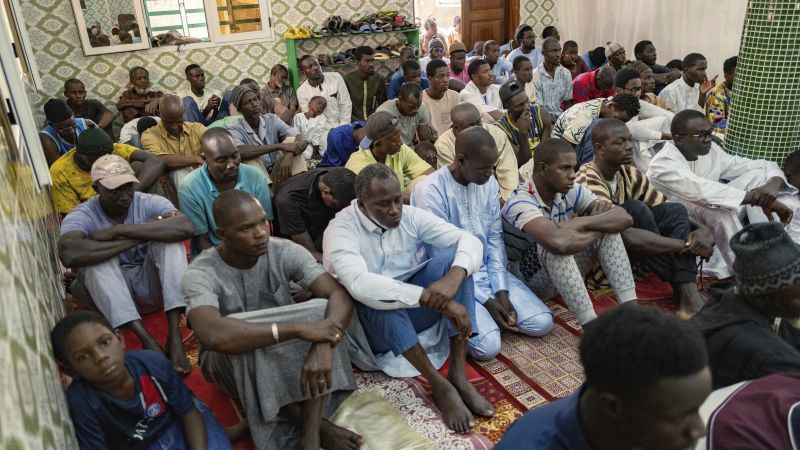
Empowering Men to Support Maternal Health in Senegal
Culture | 8/19/2025
In Senegal, a novel initiative known as the ‘schools for husbands’ seeks to address maternal mortality rates by encouraging men to take on a more active role in household responsibilities. In Dakar, the capital city, Imam Ibrahima Diane recently engaged a gathering of men to advocate for increased participation in domestic tasks.
These ‘schools for husbands’ represent a proactive approach to tackling the issue of maternal mortality, a significant concern in Senegal. By promoting a shift towards shared responsibilities within households, the program aims to create a supportive environment that prioritizes the well-being of mothers and contributes to reducing mortality rates.
The initiative underscores the importance of engaging men in conversations about gender roles and responsibilities within the family unit. By fostering a culture of mutual respect and shared duties, the ‘schools for husbands’ strive to empower women and promote healthier dynamics within households, ultimately aiming to enhance maternal health outcomes.
Supporters of the program highlight its potential to challenge traditional gender norms and promote more equitable relationships between spouses. By encouraging men to actively participate in household chores and childcare, the initiative not only benefits individual families but also contributes to broader societal progress in addressing maternal health challenges.
While the ‘schools for husbands’ have garnered praise for their innovative approach, some critics question the long-term sustainability and impact of such initiatives. However, proponents argue that by initiating conversations and fostering behavioral change at the grassroots level, these programs have the potential to drive meaningful progress in advancing maternal health and gender equality in Senegal.
In a country where maternal mortality remains a pressing issue, the emergence of initiatives like the ‘schools for husbands’ reflects a growing recognition of the need for inclusive strategies to safeguard the well-being of women and mothers. As efforts continue to evolve, the impact of these programs on maternal health outcomes and gender dynamics will be closely monitored and assessed to gauge their effectiveness in achieving sustainable change.


